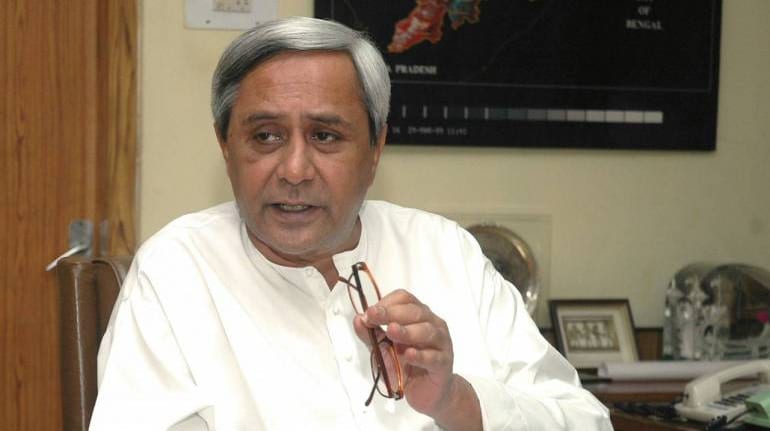



Odisha Chief Minister Naveen Patnaik on Tuesday told officials to increase bed strength in corona care centres in migration prone districts as large number of migrant workers are returning to the state from across the country.
Patnaik issued this direction while presiding over a review meeting on the corona situation in the state. He said the beds should be increased in at least six migration prone districts - Ganjam, Balasore, Kendrapara, Bhadrak, Jajpur and Bolangir - where a large number of people are returning from their workplaces.
The CM also stressed on strengthening the rural economy which has been severely hit due to nationwide lockdown. The meeting resolved to promulgate three ordinances to reboot the agriculture sector and at the same time ensure the protection of people from the COVID-19 pandemic, an official statement said.
Coronavirus India News LIVE Updates
"This is going to be a long fight against coronavirus. That is why the community and panchayati raj institutions must be energized," Patnaik said, adding that migrant handling and rebooting economy needs full attention.
"I expect a completely professional response with a human face to the problems created out of the COVID-19 pandemic," Patnaik told senior officers, adding that quarantine centres should be the focus of the state governments management strategy.
As being done in Ganjam district, the inmate of quarantine centres can be taught basics of COVID management so that they can be utilised as COVID-19 volunteers once they are out of quarantine, he said.
"We can design a small certificate course for COVID-19 volunteers," Patnaik suggested to officials.
With increase in inflow of migrants, the government needs to scale up management of Temporary Medical Centres (TMCs), he said.
As several fresh COVID-19 cases are being detected from quarantine centres, Patnaik asked the officials to identify symptomatic cases and segregate them on a daily basis so that the virus will not transmit to other healthy inmates in quarantine centres.
He also asked officials to focus on the vulnerable groups such as pregnant women, lactating mothers, children and elderly persons in the quarantine centres.
In regard to livelihood and rebooting economy, Patnaik said there was a need to scale up MGNREGA activities to the next level as more migrant workers are entering the state due to lockdown.
He also directed the department to scale up the Misson Shakti activities involving women self help groups who practically hold key to the rural economy in the state.
In order to provide employment to the people, Patnaik directed that all employment generating departments should be geared up to face the situation effectively.
"The government should transfer more funds to the rural economy," Patnaik said.
Follow our full coverage of the coronavirus pandemic here.
Discover the latest Business News, Sensex, and Nifty updates. Obtain Personal Finance insights, tax queries, and expert opinions on Moneycontrol or download the Moneycontrol App to stay updated!
Find the best of Al News in one place, specially curated for you every weekend.
Stay on top of the latest tech trends and biggest startup news.